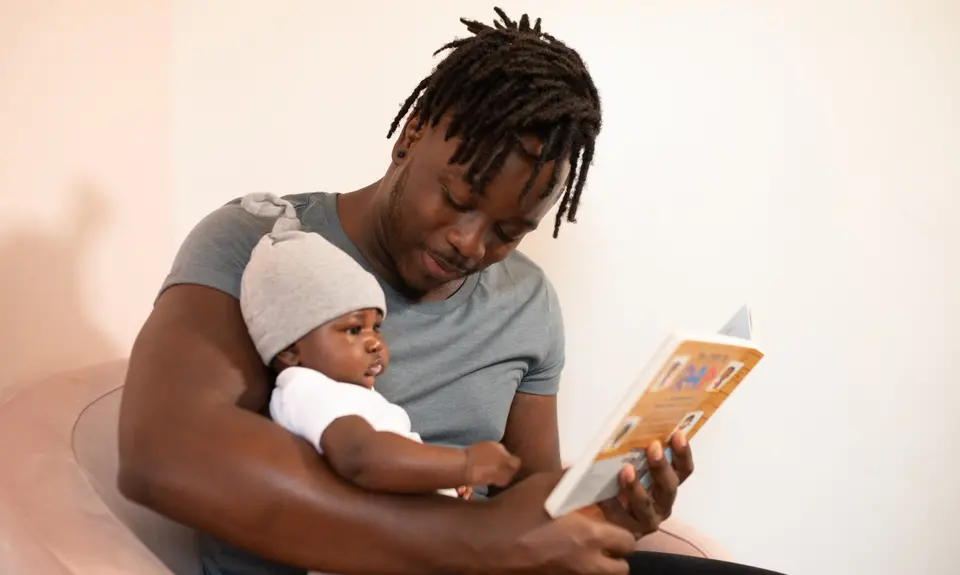People For the American Way is a member of the Banned Books Week coalition, a network of authors, librarians, publishers, booksellers, and anti-censorship activists that sponsors an annual celebration of the freedom to read. This year’s Banned Books Week, which runs from September 18-24, is taking place against a backdrop of aggressive efforts to restrict books and classroom teaching about race, racism, sexuality, and other topics that far-right political groups have made the basis for dishonest and fearmongering political campaigns targeting teachers, librarians, and school board members.
In a recent op ed, People For the American Way President Ben Jealous put current attacks on the freedom to learn in a historical context, noting that in the decades before the Civil War, many slave states made it a crime to teach enslaved or free Black people how to read, because the people in power feared that reading abolitionist literature might encourage enslaved people to seek their freedom.
Today’s book banners are most likely to try to restrict access to books by and about Black, indigenous, and other people of color, and books that feature LGBTQ characters. These culture warriors have been empowered by new state legislation designed to restrict teaching the truth about racism in our history and culture and ban teaching that acknowledges or affirms LGBTQ people.
The honorary chair of this year’s Banned Books Week is award-winning author George M. Johnson, a Black nonbinary activist whose “All Boys Aren’t Blue” was a New York Times bestseller—and one of the top titles on the American Library Association’s list of the most challenged books of 2021.
The Banned Books Week coalition and its partner organizations are offering members of the reading public many opportunities to engage on the topic of banned books, censorship, and the freedom to read through an array of online and in-person events.
In addition, individuals as well as organizations are welcome to join Unite Against Book Bans, a coalition designed to encourage and empower activism, which is promoting its own actions and a toolkit to help people organize effective responses to censorship efforts in their communities.
The Banned Books Week Facebook page will host a series of livestreamed events:
- Sept. 19 6pm EDT: The Kids are Alright: Youth Activists on Fighting Censorship with Banned Books Week Youth Honorary Chair Cameron Samuels and other youth activists
- Sept. 20 1pm EDT: A conversation with Banned Books Week honorary chair George M. Johnson
- Sept. 21 6pm EDT: A conversation about the censorship of books dealing with racial identity and racism, featuring bestselling authors Angie Thomas and Jerry Craft
- Sept. 22 5pm EDT: Censorship of LGBTQ+ Comic Books, featuring Maia Kobabe and Mike Curato, creators of two of today’s most acclaimed and most censored graphic novels
PEN America is sponsoring events around the country featuring authors and free expression activists dealing with book banning efforts. Dozens of events organized by Banned Books Week partner organizations are listed on this public calendar. The National Coalition Against Censorship has released “A Kids Book About Banned Books.”
Several years ago, People For the American Way Foundation published “Book Wars: The Right’s Campaign to Censor Literature, History, and Science,” which explained how harmful book-banning campaigns can be even if they are unsuccessful at having a particular book banned from classrooms and libraries:
While these efforts, which often take place at the state or local level, don’t always succeed in removing a book from a school curriculum or forcing a textbook publisher to reprint its content, they can have far-reaching negative effects. In recent years, for instance, national anti-Muslim groups have worked to rile up fear and suspicion of American Muslims. Organizing a protest of a textbook that they claim “promotes jihad” may not accomplish its stated goal, but might still succeed in stoking fear and resentment against Muslim Americans in that community. Attacks on ethnic studies curricula or challenges to books that deal frankly with the lives and histories of marginalized communities can have similar divisive results beyond their original goals.
In recent years, new fronts have opened in the textbook wars as anti-Muslim and antiimmigrant groups fight efforts to include the experiences and identity of American Muslims and Latinos in social studies and history teachings. These new attacks on multicultural curricula in schools are paired with continuing efforts to ban books that acknowledge gay and lesbian families, present alternatives to Christianity, or deal frankly with the history of race in America. All seek to present a definition of what it means to be American that excludes the experiences of women, people of color, LGBT people, immigrants, and others.
Similar to previous waves of attacks on history, truth, and the freedom to learn, this year’s book bans and legal restrictions are part of both short-term campaigns to build political power by mobilizing right-wing activists to take over school boards and a longer-term campaign to undermine public education.
